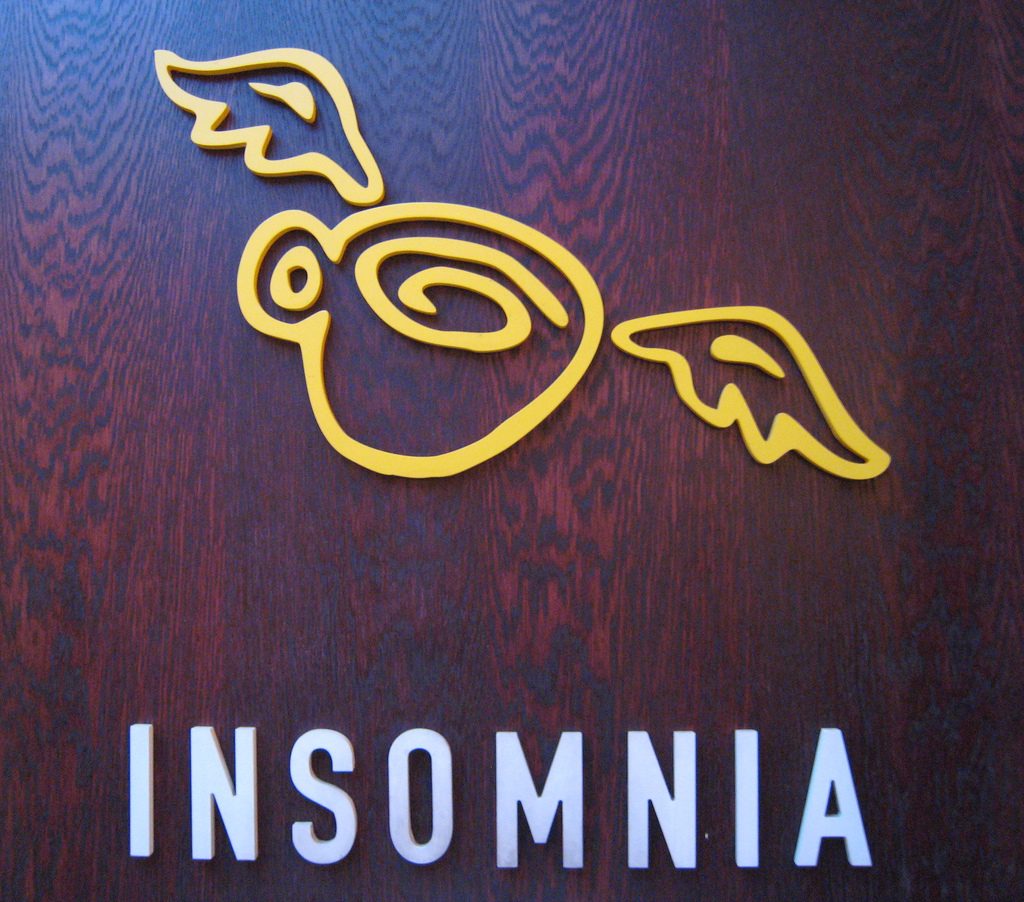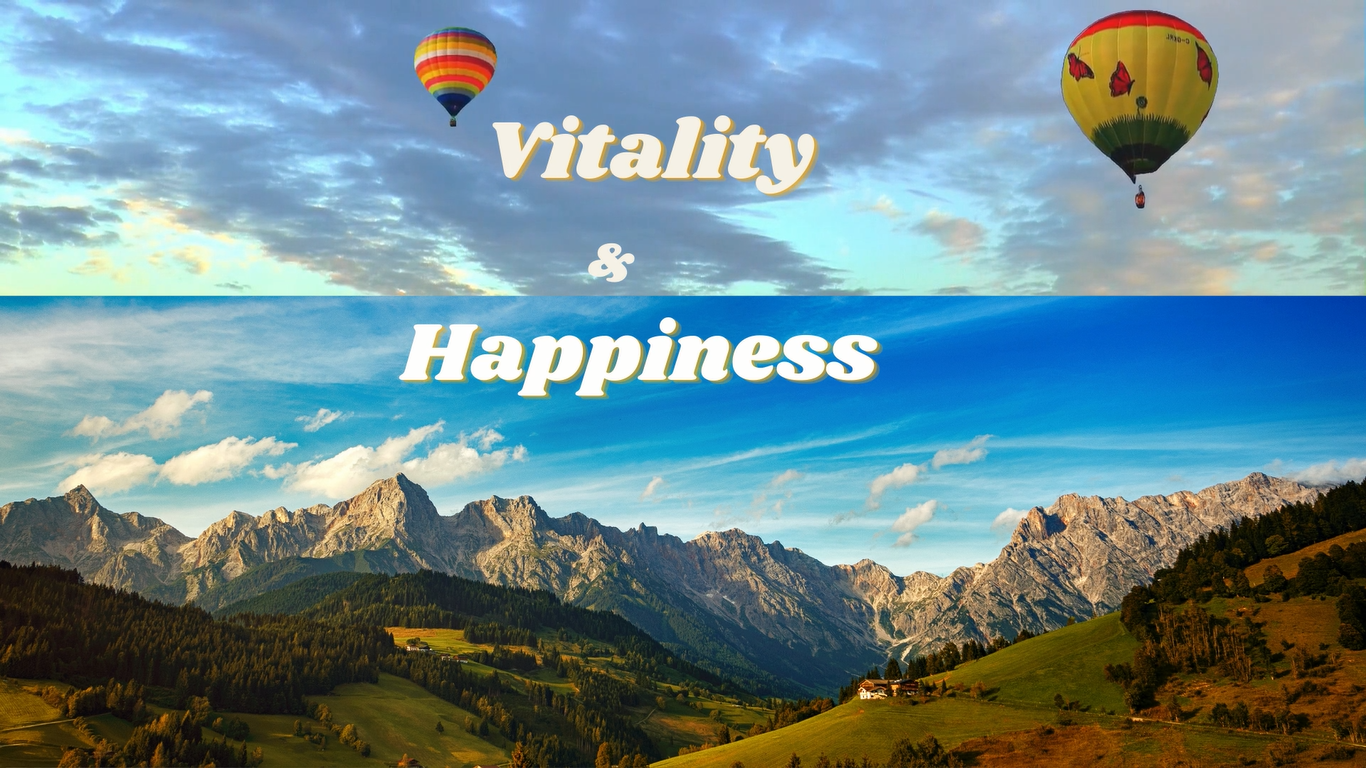
Insomnia is often related to anxiety and worry, which if untreated can undoubtedly be linked to depression. The truth is that insomnia sometimes causes stress, as well as anxiety, and can also cause problems with sleeping.
Likewise, insomnia can also be related to being overweight, underweight and nutritional deficiencies in my philosophy. Sleep deprivation is also common throughout the world due to overeating, not eating enough and stressful lifestyle.
Primary cause of insomnia can also be physical such as physical or environmental stress and also have to do with sleep hygiene. Do you usually watch television in bed or use your phone? All these factors combined with stress and nutrition can impact your sleep quality.
Most people seem to have insomnia due to anxiety, depression and other emotional and psychological problems. Since people generally seek to console these problems by overeating, their insomnia can get worse, as obesity is often linked to sleep problems.
Also due to lack of sleep, some of us can lose appetite and this in the long run can be a vicious cycle of under-eating which can further cause nutritional deficiencies.
Those of us who have gone through symptoms of depression know what it means to get up on the wrong side of the bed in the morning and also the endless feeling of not wanting to get up until lunch. In fact, the unwillingness to get out of bed to face the day is an indicator that someone is depressed.
Although we all know that waking up late usually pushes our biological clock to go to bed later, then we will wake up later, then sleep later, and so on so it is impossible to return to “normal” time of sleep.
Therefore, it is not clear what comes first – depression or insomnia. It becomes a negative vicious cycle that can be difficult to fix. Depression causes insomnia and insomnia causes depression. I believe it is all connected.
What comes first? Insomnia or depression?
Insomnia is a key symptom of depression. Sometimes people get depressed without having insomnia, but there is certainly a strong association between people having difficulty either sleeping or waking up early. The quality and duration of sleep are affected by the state of mind and vitality level.
How important is sleep to mental well-being?
It seems that there are two requirements for proper sleep, being physically tired enough to sleep, and having enough peace of mind to sleep.
Some evidence shows that we only have a couple of hours of sleep for our physical recovery every day, but the rest of the sleep is about our psychological and mental healing. But I also think that proper nutrition and comfort play a big role.
Will someone with insomnia always be depressed?
People are depressed for a variety of reasons, including negative life events, a difficult loss, overwork, and a lack of self-esteem. Although insomnia is not an actual and primary cause of depression, there is a strong link between a lack of sleep and a low mood.
How to Avoid Insomnia and Depression Linked to It?
Sleeping when it is dark and being awake when there is light.
Sleep and wake up at the same time regularly.
Avoid the use of electrical elements with blue lights. They mimic regular blue light and make you think you should be awake when it’s time to sleep. This is a shock to your sleep pattern.
Improve your lifestyle, give priority to yourself, be in good physical shape, and always try to be friendly to yourself as you would be to your friends. Eat healthy and consume adequate nutrition.
Get help Cognitive behavioral therapy (CBT) is designed for people with depression so it may help.
Because depression is a psychological disorder, both its causes and its consequences are sometimes difficult to define. This is the case of sadness, for example, which sometimes appears as a cause of depression, sometimes as a symptom.
Something similar can be said about anxiety but also about insomnia, which inevitably appears linked to depression, either as a cause or as a consequence. As we are concerned about insomnia related to depression, we want to know better what this relationship consists of.

Matt M. Eccles is the founder of Vitality and Happiness Blog. He is a philosopher, psychology enthusiast, wellness and digestion expert, author, and world traveler who is passionate about helping others reach and experience optimum health, true happiness, and increased vitality. The purpose of this website is to motivate and inspire people to handle life’s challenges. Uplift and encourage you to succeed in life and be happy and healthy, increase life quality, and become the best version of yourself.